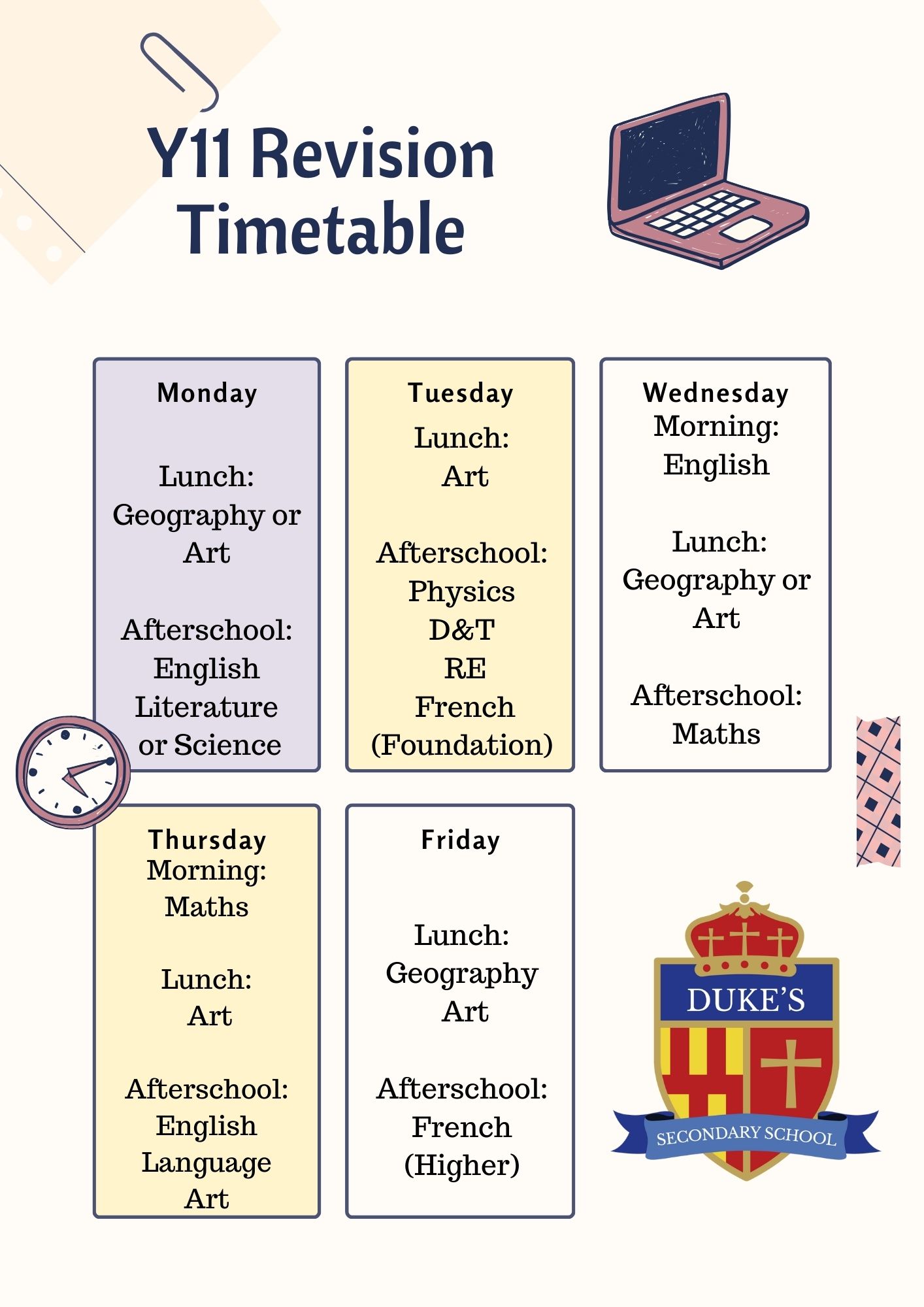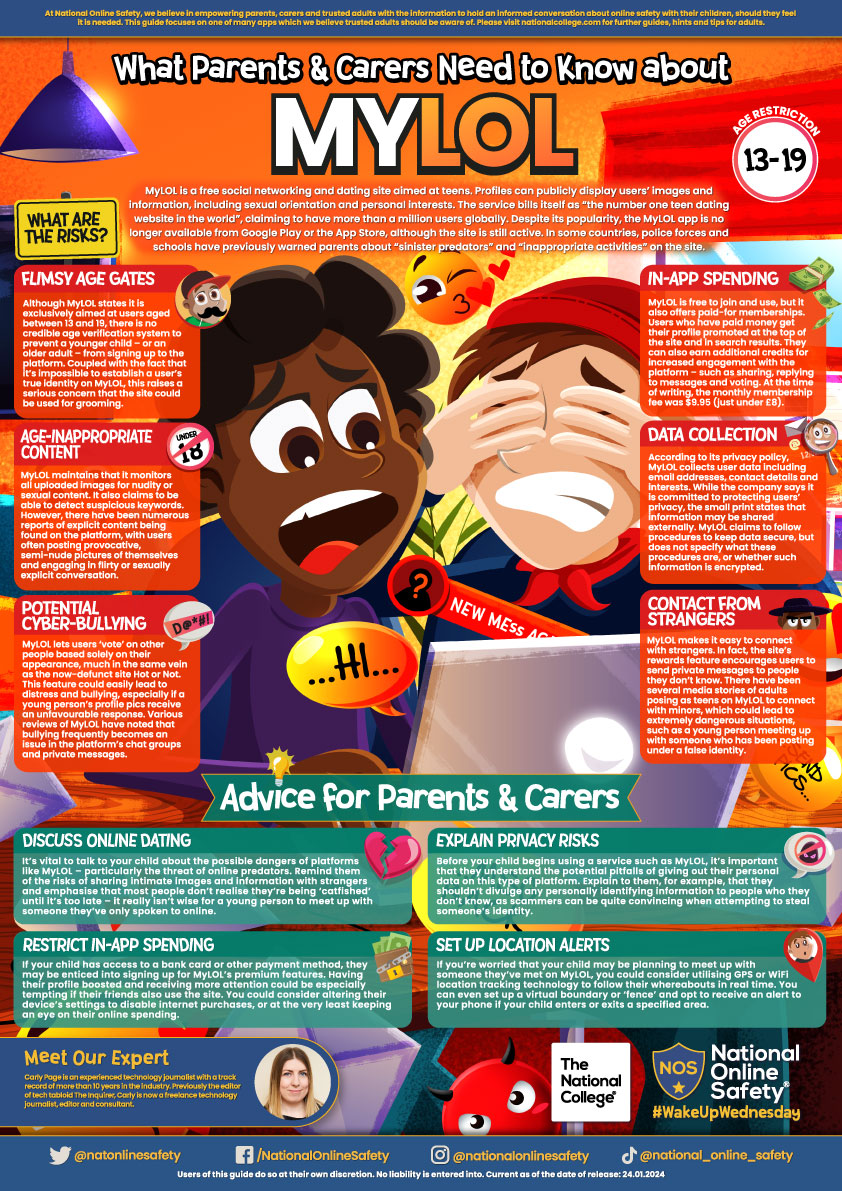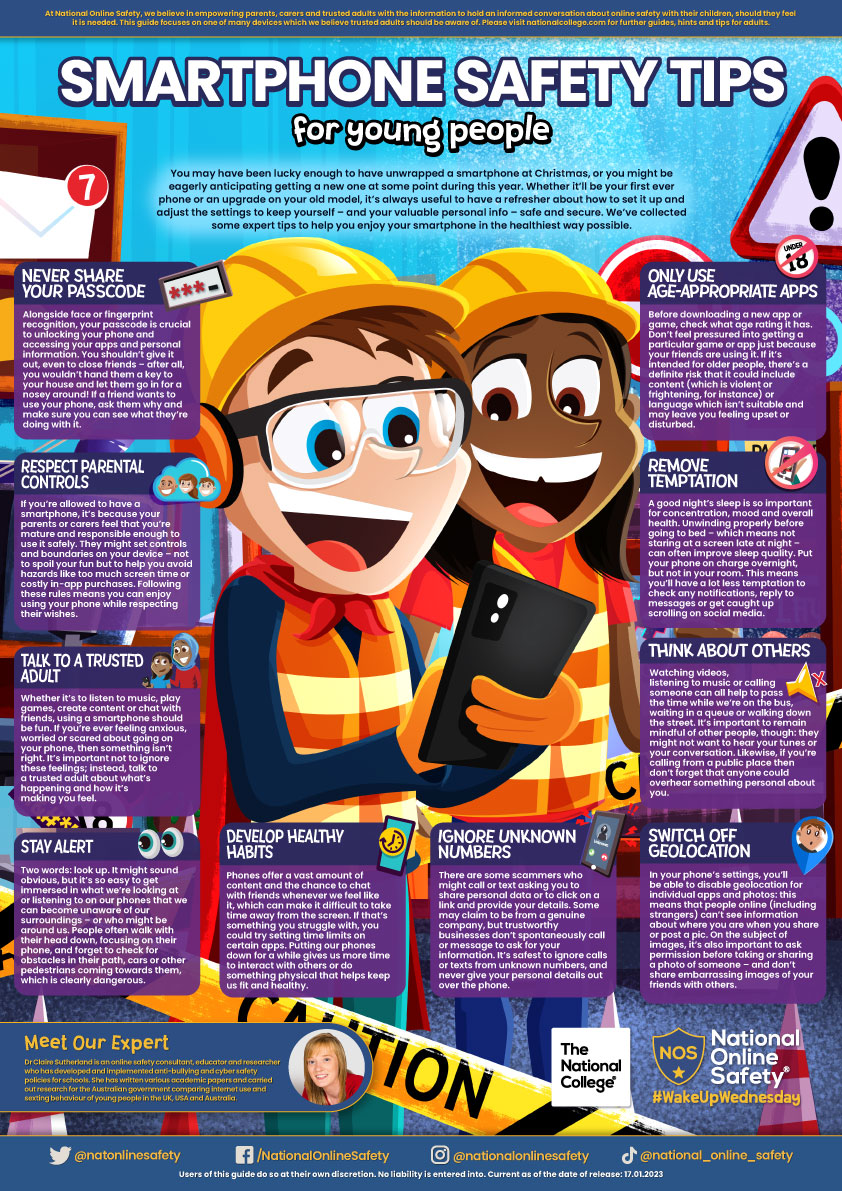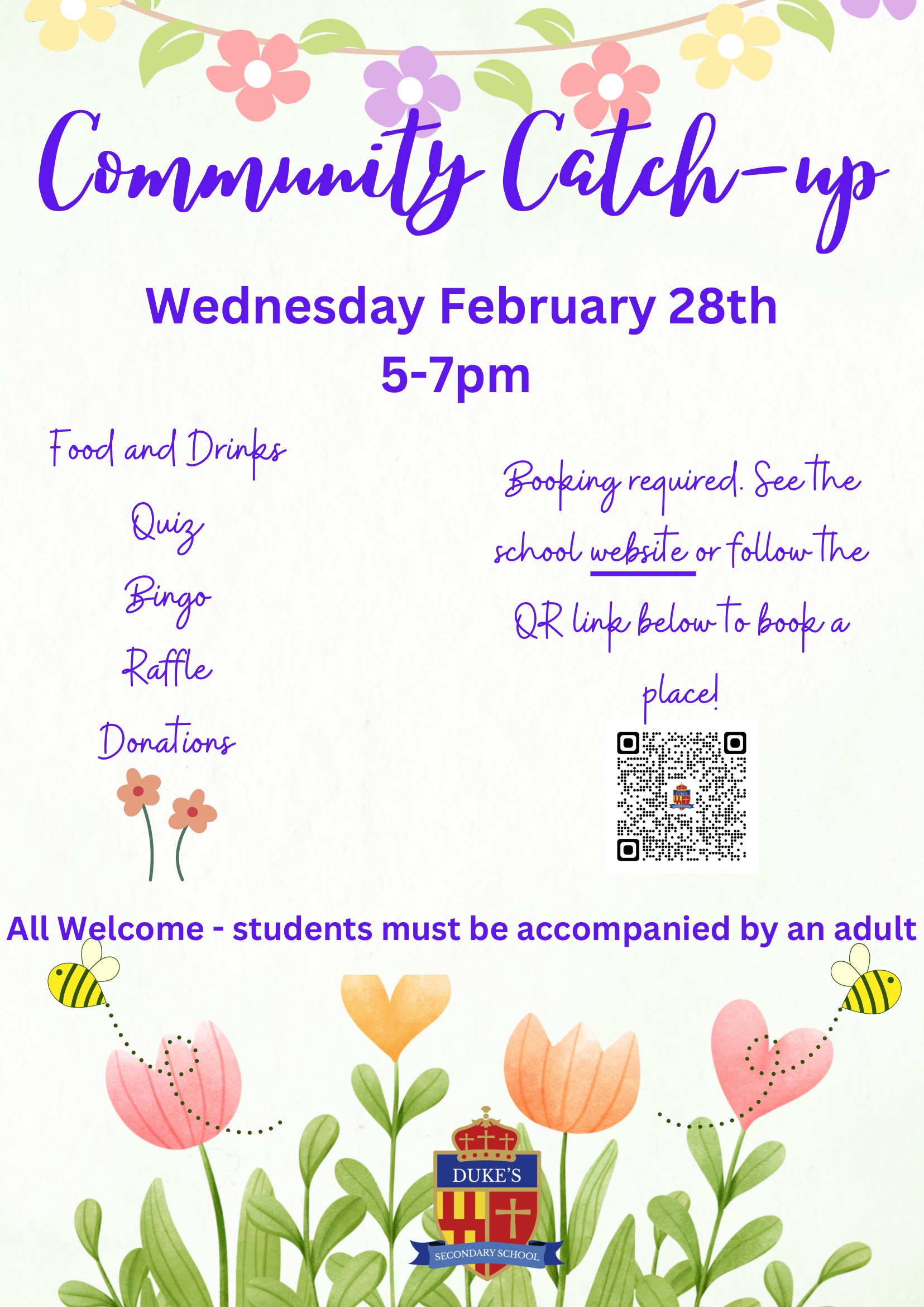

‘Learn, revise, test’
Our teaching staff are hosting revision sessions in the following subjects on a weekly basis both before, during and after school (see timetable)
WE NEED YOU!
Your exam results will be a result of preparation and how hard you are prepared to work.
Online video calling with random strangers. It’s hardly a new internet phenomenon – but the recent demise of Omegle has prompted the creation of several similar platforms bidding to fill the vacuum. One such contender is Monkey – a service that randomly connects its users for video calls, using their mobile numbers and Snapchat account details.
Monkey has surged in popularity since Omegle’s shutdown in November 2023: visits to the site more than doubled within a month and have been climbing steadily ever since. Regrettably, it also seems that Monkey suffers from many of the same pitfalls as its notorious predecessor – our #WakeUpWednesday guide highlights these possible risks to young people in more detail.

“The #1 teen dating website in the world”
That’s the claim of MyLOL, which offers 13 to 19-year-olds the chance to rate each other’s pics, send private messages and contact strangers online. If that sets your alarm bells ringing, you’re far from alone: law enforcement agencies and schools in several countries have seen fit to issue warnings about the platform
Among the main issues is the fact that MyLOL doesn’t have a reliable age verification method – meaning there’s no foolproof way to stop anyone outside the platform’s intended 13–19 audience signing up for an account under a false age. Our #WakeUpWednesday guide also highlights potential concerns around in-app purchases and the use of geolocation for sinister reasons.

https://www.newcastle.anglican.org/a-great-celebration-as-new-youth-team-is-commissioned.php
Duke’s are honour our student’s work to be used in this great celebration.

One in three 8-year-olds in Britain own a smartphone and that proportion rises to more than 90% by the time children reach 12  This concerted increase – driven by factors both personal (blossoming independence) and practical (the transition to secondary school) – makes it all the more valuable for young people to know how to use such devices safely.
This concerted increase – driven by factors both personal (blossoming independence) and practical (the transition to secondary school) – makes it all the more valuable for young people to know how to use such devices safely.
Indeed, more than half of parents (52%) surveyed by Ofcom admitted to worrying about their child being bullied via their mobile phone – and with hazards like scams, screen addiction and inappropriate content to consider, that’s far from the only risk around. Our #WakeUpWednesday guide this week pulls together some simple but solid smartphone safety tips .




